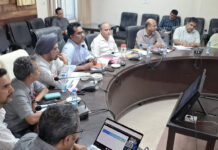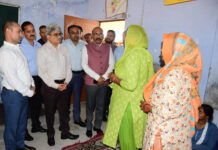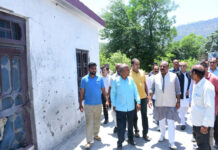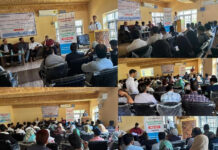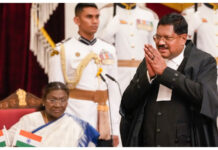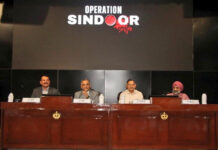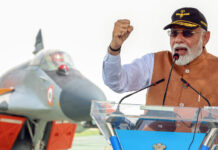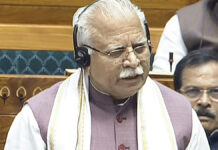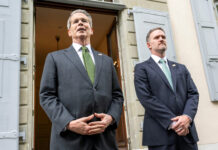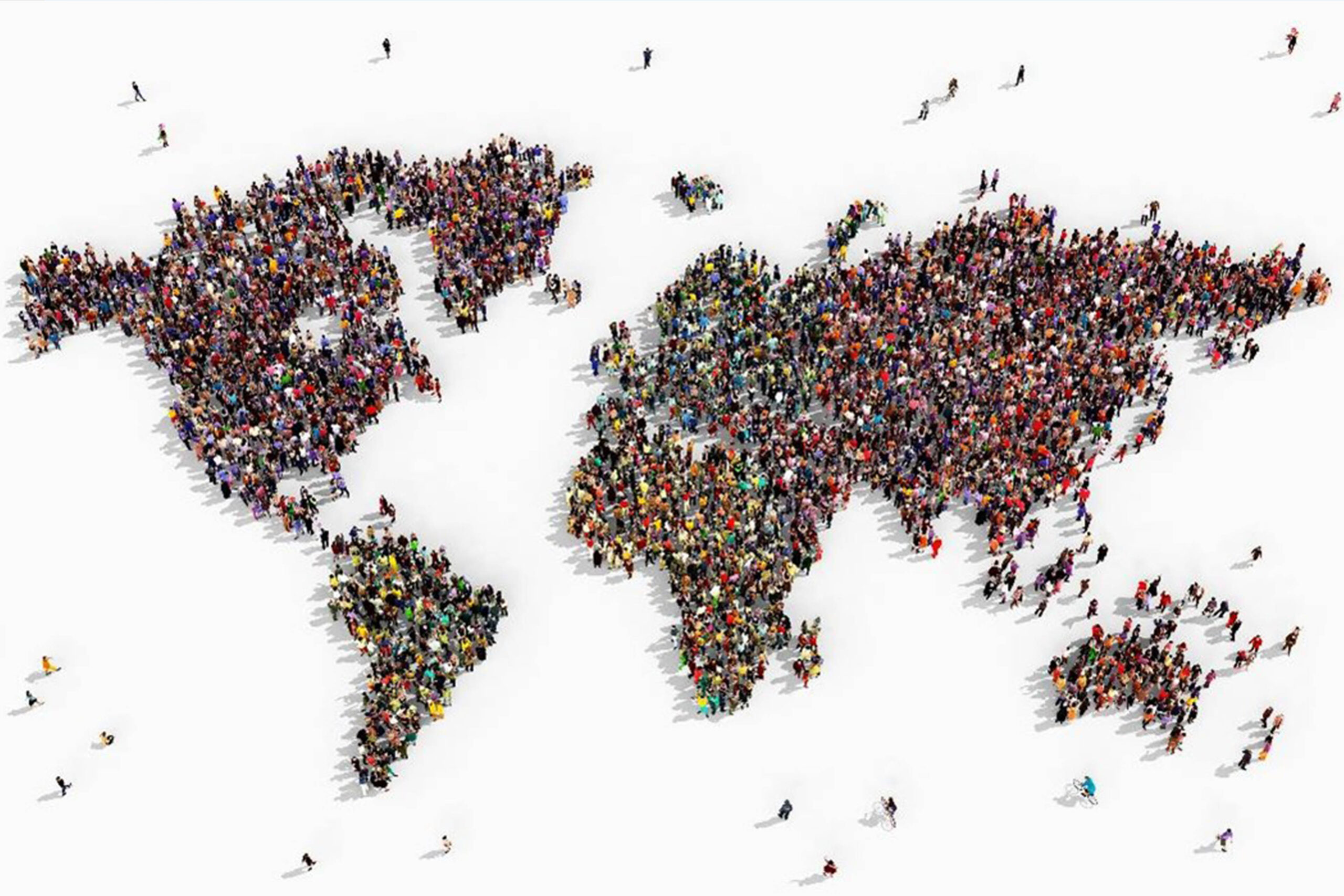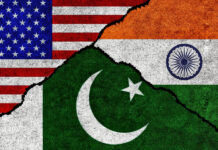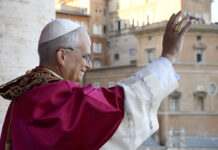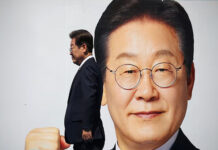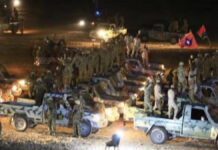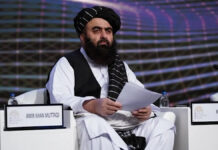A. K. MERCHANT
The revolutionary changes that are impacting humankind with such bewildering ferocity are mind-boggling, to say the least. Surely there must be some larger purpose, a trajectory for the march of civilization towards its collective destiny. The current trend of upheavals and chaos are sweeping away barriers and pulling down structures that stymie humanity’s acceptance of its interdependence and oneness as One Planet, One People, and One Future.
According to the teachings of the Bahá’i Faith the process of globalization coupled with spiritual awakening of the masses as a counter to materialism and consumerism would signal the emergence of a new World Order and collective maturity of the entire human race. However, to reach such a lofty state of civilization, there is a need for an evolving frame for collective education in all spheres of human existence. Sadly, due to a distorted perception of human history, nations and peoples have been locked in a struggle for power and domination throughout time. To this end, the assumption that relations among the three protagonists of society – the individual, the community and the institution – have to conform to the dictates of competition and self-aggrandizement must be replaced by the premise that harmonious interactions can foster a civilization befitting mature humanity. Such a shift in mindset calls for internalising the concept of the dynamic coherence between the practical and spiritual requirements of life.
“Be anxiously concerned with the needs of the age ye live in, and centre your deliberations on its exigencies and requirements,” wrote Bahá’u’lláh. Although, the principle of unity in diversity, an oft-repeated phrase in the development discourse, is now widely accepted as one step in the movement toward society’s collective maturity, there are many obstacles that have to be surmounted. For, the finite resources of the planet are the birthright of all its inhabitants.
The growing disparity between the rich and the poor cannot be permitted to persist; the senseless polarization of sections of populations in the name of race, nation, caste, religion, class and what-have-you is unacceptable. The principles of justice and the rule of law should be the basis for the relationships that sustain society. It is quite evident that materialistic ideals have failed to satisfy the needs of humankind. Therefore, fresh efforts must be made to find solutions to the agonizing crises of the planet. Achieving unity of thought and unity of action for building a peaceful and prosperous civilization requires farreaching changes and greater coherence in the relationships that bind individuals, communities, and the institutions.
Every people and every nation has a part to play in the next stage in the fundamental reconstruction of human society.’ The Bahá’i writings state that while “material civilization is one of the means for the progress of the world of mankind,” until it is “combined with Divine civilization, the desired result, which is the felicity of mankind, will not be attained.” It is further stated: “Material civilization is like a lamp-glass, Divine civilization is the lamp itself and the glass without the light is dark. Material civilization is like the body.
No matter how infinitely graceful, elegant and beautiful it may be, it is dead. Divine civilization is like the spirit, and the body gets its life from the spirit.” The series of summit level conferences in the 1990s convened by the United Nations, the adoption of the Millennium Development Goals (2000-2015) and then the Sustainable Development Goals (2015-2030) are all highly laudable evidences that governments can work together to address issues that are crucial for the survival of humankind. At the same time many of the dominant currents in societies everywhere are pushing people apart, not drawing them together. Religious fundamentalism is warping the character of communities, even nations, fueling fresh conflicts and wars. Certain shared ethical principles as incorporated in UNESCO’s curriculum framework on education for the 21st century such as “Learning – The Treasure Within” (1996), and “Education futures: conservation and change” (2020) were widely disseminated and accepted by the majority of the member-states of the United Nations. And yet, there is massive trust deficit, and utter confusion about right and wrong, undermining the credibility of all sources of knowledge. Instead, our world is being assailed by resurgent forces of racism, nationalism, factionalism and in India casteism.
The tumult raised by the contending peoples of the world threatens to drown out the voices of those noble-minded souls in every society who call for an end to conflicts and struggle. As long as that call goes unheeded, there is no reason to doubt that the current state of disorder and confusion will worsen resulting in even more catastrophic devastations. The recent global health pandemic caused by the Covid-19 virus is but one such challenge, the ultimate severity of whose cost, both to lives and livelihoods, is yet to be fully estimated. The human race, as a distinct, organic unit, Bahá’is believe, has passed through evolutionary stages analogous to the stages of infancy and childhood in the lives of its individual members, and is now in the culminating period of its turbulent adolescence approaching its long-awaited coming of age. This will not come about simply through the efforts exerted by a select group of nations or even a network of national and international agencies. Rather, the challenge must be faced by all who inhabit the earth. A global order that unifies the nations with the assent of humanity is the only adequate answer to the destabilizing forces that threaten the world. In their search for a tangible pattern of how an evolving framework for collective education is taking shape, peoples everywhere can benefit from the experiences of the seven-million strong Bahá’i community representing the entire cross-section of humanity, operating in some 235 countries and dependent territories in 6,000 geographic clusters worldwide. The efforts of Bahá’is to build communities, to engage in social action, and to contribute to the prevalent discourses of society in tandem with enhancing the capacities of both the young and the old have cohered into one global enterprise. They are bound together by a common framework for education and action, focused on helping humanity to establish its affairs on a foundation of universal human values. In every cluster where the process of collective education is gaining momentum, whether it be rural or urban neighbourhoods, a visible pattern of a harmonious community life is discernible quite in contrast to the dysfunctional state of present-day society.
To ensure a steady and focused forward movement, Bahá’is remind themselves and their fellow-citizens to draw on the two basic knowledge systems that have propelled humanity’s progress over the centuries: science and religion. The harmony of science and religion teaches that religion without science soon degenerates into superstition and fanaticism, while science without religion becomes merely the instrument of crude materialism and destruction.
Viewed positively through these two agencies, the human race’s experience has been organized, its environment interpreted, its latent powers explored, and its moral and intellectual life disciplined.
Together, they have acted as the real progenitors of civilization. At whatever level the Bahá’is operate, the central theme of all their service is systematic learning. As members of a religious community, they hold to a common set of beliefs and fundamental principles.
For, the qualities of resilience and rationality; adherence to justice, commitment to compassion, detachment, forbearance and many more inculcate in every man, woman, youth, and child an optimistic and practical vision of the way ahead to a truly sustainable future – the surest way to hasten the fulfilment of the promise of world peace.
(The writer is a social worker, an independent researcher and an active member of the Bahá’i Community of India. The views expressed are personal..


